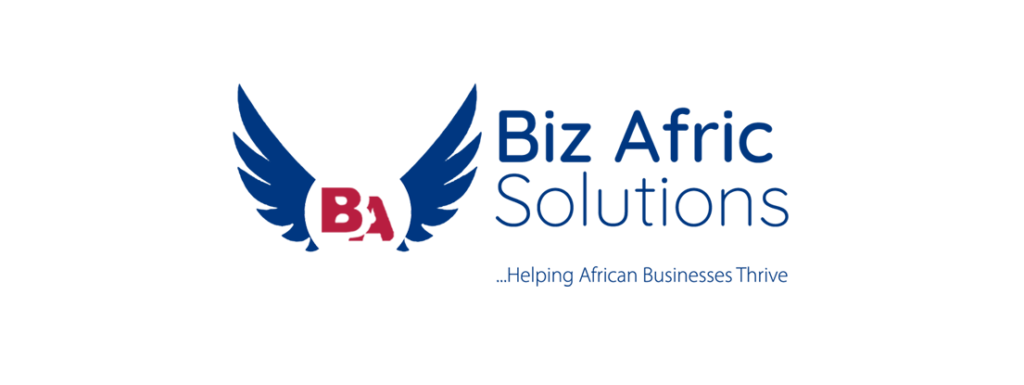Nigeria’s Declining CIT economy currently grapples with numerous challenges that significantly impact businesses across various sectors. Recent data from the National Bureau of Statistics (NBS) highlights a notable decline in Company Income Tax (CIT) collections, which underscores the broader economic difficulties. Biz Afric examines these issues, exploring their implications, and offering strategic recommendations for policymakers. Businesses, particularly small and medium-sized enterprises (SMEs), to enhance resilience and capitalize on growth opportunities.
In the first quarter of 2024, Nigeria’s Declining CIT collections decreased by 12% to ₦984.61 billion from ₦1.13 trillion in the previous quarter. This decline is primarily attributed to the diminishing profitability of companies amid escalating costs, inflation, and other economic pressures. Notably, local CIT payments stood at ₦386.49 billion, while foreign CIT payments contributed ₦598.13 billion. This shift suggests that local businesses are encountering more severe challenges compared to their foreign counterparts.
The operating environment for manufacturers has become particularly harsh, as evidenced by a 70.24% quarter-on-quarter plunge in tax revenue to ₦43.2 billion in Q1 2024 from ₦145.1 billion in Q4 2023. Nigeria’s Declining CIT stark drop highlights the severe constraints faced by manufacturing companies, which have traditionally been among the highest contributors to tax revenue.
One of the critical factors exacerbating these challenges is the weakness of the naira. This has driven business input costs to their highest levels in a decade. The Purchasing Managers’ Index (PMI) dropped from 54.4 in January to 51.0 in February 2024, since December 2023. Businesses have been forced to pass on rising input costs to customers, leading to output inflation and a reduction in new orders. This situation underscores the significant pressure on business margins and overall Nigeria’s Declining CIT.
To address these challenges, policymakers need to focus on stabilizing the naira to mitigate input cost inflation and create a more predictable business environment. Key measures include increasing foreign exchange reserves, promoting non-oil exports, and encouraging foreign direct investment (FDI). Additionally, providing targeted support for SMEs through grants, low-interest loans, and tax incentives will help these businesses manage rising costs and sustain their operations in Nigeria’s Declining CIT.
Encouraging local production to reduce dependency on Nigeria’s Declining CIT imports. This can be achieved through investments in infrastructure, technology, and skills development. Prioritizing sectors such as agriculture, manufacturing, and technology, drive local production and reduce the vulnerability of businesses to external shocks. Furthermore, improving the overall business environment by addressing issues such as power supply, and transportation infrastructure. Also, access to finance will attract more investments and boost economic activities.
Lagos State has been particularly proactive in supporting SMEs through initiatives like the Lagos State Employment Trust Fund (LSETF) and the recent allocation of ₦1 billion to the Lagos State Science, Research, and Innovation Council (LASRIC). The objective of this fund is to foster innovation and support startups in critical sectors such as AgriTech. The circular economy, climate change, and construction tech. Over the past four years, LASRIC has created over 500 jobs and supported numerous innovative projects. Highlighting the state’s commitment to technological advancement and entrepreneurial growth. Such measures should be emulated at the federal level to provide a more robust support system for SMEs. By implementing similar initiatives, drive significant growth in the tech ecosystem, create jobs, attract foreign investment, and position for technological advancement in Africa.
How SMEs Can Adapt…

For SMEs, efficient cost management practices are essential. This includes renegotiating supplier contracts, optimizing inventory levels, and exploring local sourcing options to reduce dependency on expensive imports. Innovation and diversification are also vital for businesses to meet changing market demands. Investing in technology can enhance productivity and open new revenue streams, while diversification reduces risk and improves resilience against economic shocks. Developing robust strategic plans that account for economic uncertainties is also very consequential in building thriving businesses. This involves scenario planning, risk management strategies, and contingency plans to navigate potential challenges effectively. Embracing digital transformation to streamline operations, improve customer engagement, and expand market reach is also crucial. Digital tools can enhance efficiency and provide data-driven insights for better decision-making.
In summary, with strategic interventions from policymakers and proactive measures by businesses, particularly SMEs. There is potential to overcome these hurdles faced by the Nigerian economy at this critical juncture. By stabilizing the exchange rate, supporting local production, and fostering a conducive business environment, Nigeria can pave the way for sustained economic growth and development. Businesses, on their part, must focus on cost management, innovation, and strategic planning to navigate this dynamic landscape successfully.

Biz Afric Solutions empowers businesses with comprehensive support services, including business development, research and data analysis, and human resource management. Contact us for more information.

One thought on “Nigeria’s Declining CIT: Implications and Strategic Pathways Forward”